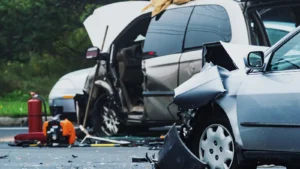
Don’t Go It Alone, Call McGlone
Don’t Go It Alone, Call McGlone
Don’t Go It Alone, Call McGlone
Don’t Go It Alone, Call McGlone
Highly experienced Terre Haute & Indianapolis Truck Accident Lawyers. Three generations of expertise.
Highly experienced Terre Haute & Indianapolis Truck Accident Lawyers. Three generations of expertise.
If you have been involved in a collision with a big rig, you most likely are still trying to recover from your truck accident injuries, as well as deal with emotional distress as you worry about how you will provide for yourself and your family.
One of the best steps to protect yourself after being involved in a truck accident case is to hire a knowledgeable attorney. You need a truck accident lawyer who is not afraid to stand up to the insurance company and will fight to recover a settlement in your best interests.
Contact McGlone Law to learn how our Terre Haute truck accident lawyers can assist you.

Remain calm and call the police

Take photos of the scene and save dashcam videos

Exchange insurance information with involved parties

Collect witness statements and contact information

Do not admit fault

Seek medical attention

Contact an attorney
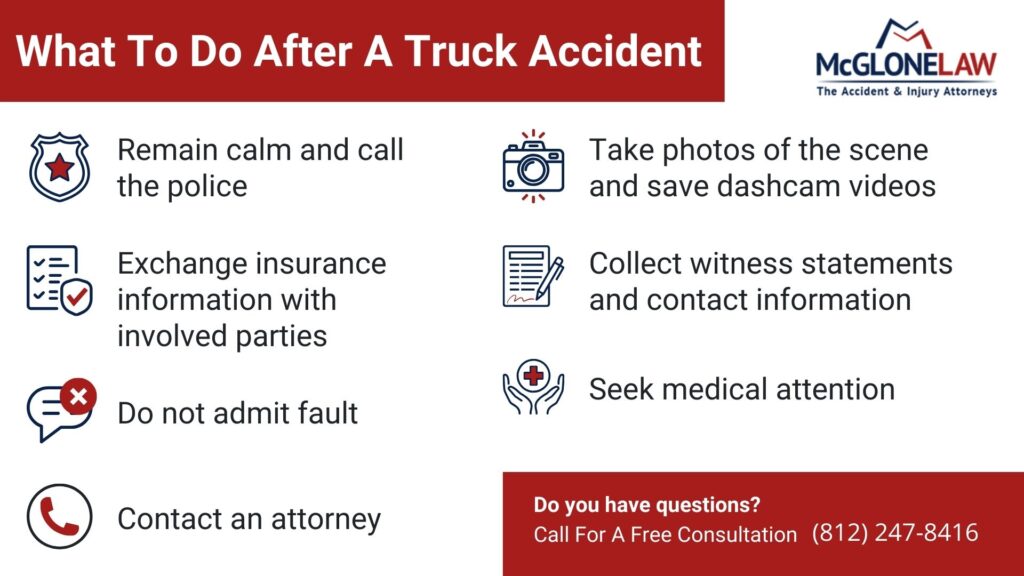
It’s important to call the police right away after a truck accident. Getting a police report filed will help you recover the compensation you deserve. While at the scene, remain calm. Arguing or otherwise becoming aggressive with another driver might turn into a disastrous situation. Things could escalate quickly, and even someone not previously at fault could end up in legal jeopardy. If you have questions about this, our Terre Haute truck accident lawyers are here to help.
You should always collect the driver’s license, proof of insurance and contact details for all parties involved in the accident.
Even if you made an error while driving, you may not be entirely at fault. It’s important not to admit fault in the heat of an accident because it can hurt you in court later. You may end up admitting fault when you weren’t entirely at fault or even when you weren’t at fault at all.
Photographic and video evidence of the damage to both vehicles, the positioning of the vehicles, skid marks, will help with reconstructing the accident, proving fault, and recovering the compensation you deserve.
Witness statements can add credibility to your statements about what happened. If possible, talk to those who witnessed the accident and get their contact information so they can be contacted later if needed.
Even if you don’t think you are seriously injured, you should always seek medical attention after an accident. You may have injuries that haven’t presented yet because of the adrenaline from the accident. If you wait, the insurance company will use your decision to not seek medical attention against you, claiming that you must not be injured badly if you didn’t seek help. This also goes for follow up visits. You should see your doctor every 30 days while your case is ongoing.
The best way to get the compensation you deserve is by contacting an attorney who specializes in truck accident cases. Using a Terre Haute truck accident lawyer will ensure that you’ve got someone in your corner who knows all the ways the insurance companies are going to try to devalue your claim and who won’t let that happen to you. When looking for an attorney, look for one trained in accident reconstruction and skilled in truck accident personal injury cases. This kind of attorney will have the knowledge and experience with these kinds of cases that will best position them to advocate for you and the compensation you deserve.

Remain calm and call the police

Take photos of the scene and save dashcam videos

Exchange insurance information with involved parties

Collect witness statements and contact information

Do not admit fault

Seek medical attention

Contact an attorney
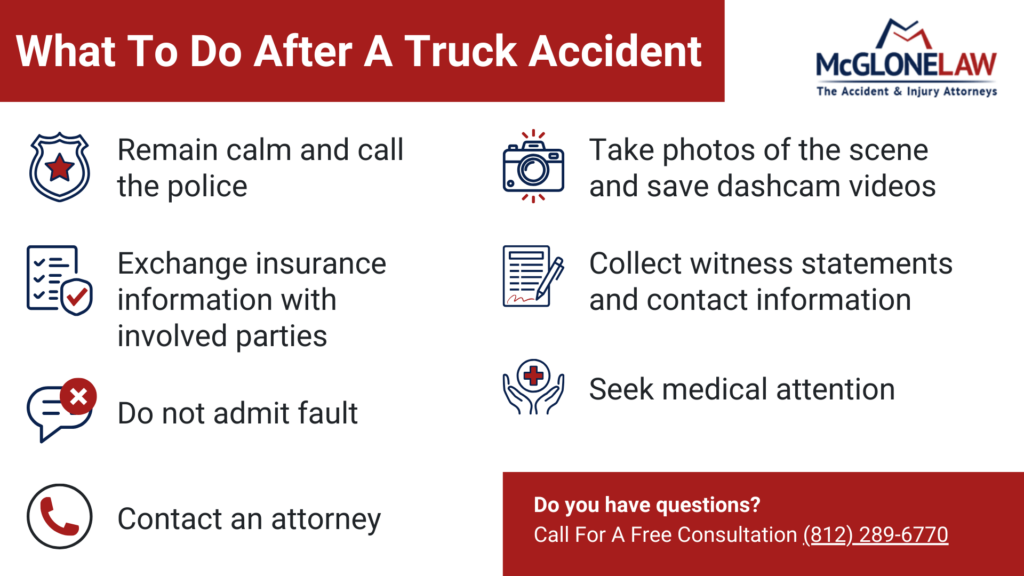
It’s important to call the police right away after a truck accident. Getting a police report filed will help you recover the compensation you deserve. While at the scene, remain calm. Arguing or otherwise becoming aggressive with another driver might turn into a disastrous situation. Things could escalate quickly, and even someone not previously at fault could end up in legal jeopardy.
You should always collect the driver’s license, proof of insurance and contact details for all parties involved in the accident.
Even if you made an error while driving, you may not be entirely at fault. It’s important not to admit fault in the heat of an accident because it can hurt you in court later. You may end up admitting fault when you weren’t entirely at fault or even when you weren’t at fault at all.
Photographic and video evidence of the damage to both vehicles, the positioning of the vehicles, skid marks, will help with reconstructing the accident, proving fault, and recovering the compensation you deserve.
Witness statements can add credibility to your statements about what happened. If possible, talk to those who witnessed the accident and get their contact information so they can be contacted later if needed.
Even if you don’t think you are seriously injured, you should always seek medical attention after an accident. You may have injuries that haven’t presented yet because of the adrenaline from the accident. If you wait, the insurance company will use your decision to not seek medical attention against you, claiming that you must not be injured badly if you didn’t seek help. This also goes for follow up visits. You should see your doctor every 30 days while your case is ongoing.
The best way to get the compensation you deserve is by contacting an attorney who specializes in truck accident cases. Using an attorney will ensure that you’ve got someone in your corner who knows all the ways the insurance companies are going to try to devalue your claim and who won’t let that happen to you. When looking for an attorney, look for one trained in accident reconstruction and skilled in truck accident personal injury cases. This kind of attorney will have the knowledge and experience with these kinds of cases that will best position them to advocate for you and the compensation you deserve.

Out-of-pocket expenses you have because of the accident. These include: past and future medical bills, lost wages, loss of future earning capacity, and property damage.
Intangible losses that don’t have a fixed dollar amount and are subjective. These include: pain and suffering, loss of enjoyment of life, loss of companionship, and permanent disfigurement and scarring.
Punitive damages are awarded to punish the defendant for wrongdoing and to discourage others from repeating the behavior. These may be awarded when the defendant has acted intentionally recklessly or with gross negligence.
Our law firm is uniquely qualified to help personal injury victims recover damages that may be appropriate for their particular case. For example, Indiana law is stringent regarding allowing plaintiffs to try and recover punitive damages. In most instances, the injury victim is not entitled to file a claim for punitive damages simply because the defendant in the case acted negligently but not with willful intent to cause harm.
Nevertheless, an injury victim may recover punitive damages if it can be demonstrated that the other party knowingly acted in a manner that any reasonable person would believe had a probability of causing harm or injury.
If you feel that your case qualifies for punitive damages, you need to consult with a personal injury lawyer immediately. At McGlone Law, our Terre Haute truck accident lawyers have the experience to determine if your case qualifies for punitive damages and what amount would be appropriate to request in a settlement.
In some instances, it can be challenging to determine who is at fault for accidents involving commercial vehicles. For example, often multiple liability issues involve an independent contractor who operates a privately owned vehicle but is leased to a trucking company. Some parties that you may not have considered may also be liable, such as the vehicle’s owner, the truck’s manufacturer or auto parts used on the vehicle, and, in some cases, the cargo shipper or loader of the items transported in the commercial vehicle.
Trucking companies employing drivers are held to the standard of Motor Carrier Service, a branch of the Indiana Department of Revenue that regulates motor carrier companies, commercial vehicles and more. An employer may be liable for issues such as failing to inspect the vehicle properly, failing to require an employee to complete driver training, or other responsibilities.
The main difference between a truck accident and a regular car accident case is the multiple possibilities for liability. Truck Accidents are considered accidents with commercial vehicles and are regulated differently than personal vehicles. The driver, employer, the truck’s manufacturer, or the auto parts could be liable for the accident. It is important to hire an experienced attorney who knows how to determine fault and understands the rules surrounding liability in the case of a truck accident.
There are many aspects of fault to consider. There are ways in which the trucking company may be liable. Liability is complex and hard to prove. Contact an experienced attorney who can establish liability and fight for compensation for your injuries. (see other questuibs
Several factors work together to establish fault after a semi-truck accident. Evidence includes pictures or videos of the scene and vehicles, police records, witness statements, and more. Read our blog to learn more about comparative negligence and partial fault.
Settling a truck accident case in Indiana depends on a multitude of factors. The biggest source of time and damages is often your medical treatment. Your medical treatment may take so long that you need to file a lawsuit before you have finished your treatment in order to protect your right to compensation. It is important to contact an attorney early so that you do not miss your statute or other important dates. Don’t wait to call an attorney.
You can recover three main types of damages after a semi-truck crash Economic damages, which are out-of-pocket expenses you have because of the accident. Economic damages include past and future medical bills, lost wages, loss of future earning capacity, and property damage. Non-Economic Damages such as intangible losses that don’t have a fixed dollar amount and are subjective. Non-Economic damages include pain and suffering, loss of enjoyment of life, loss of companionship, and permanent disfigurement and scarring. Punitive damages are awarded to punish the defendant for wrongdoing and to discourage others from repeating the behavior. These may be awarded when the defendant has acted intentionally recklessly or with gross negligence.



McGlone Law – Indianapolis Office
1052 Woodlawn Ave Suite B,
Indianapolis, IN 46203
(317) 495-1777
*Available 24/7
Copyright©2025, McGlone Law – The Accidents & Injury Attorneys. All Rights Reserved.